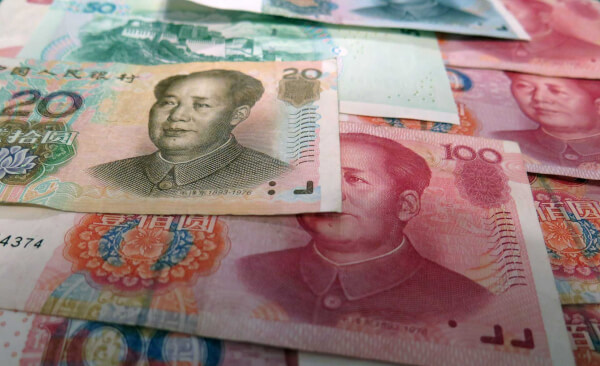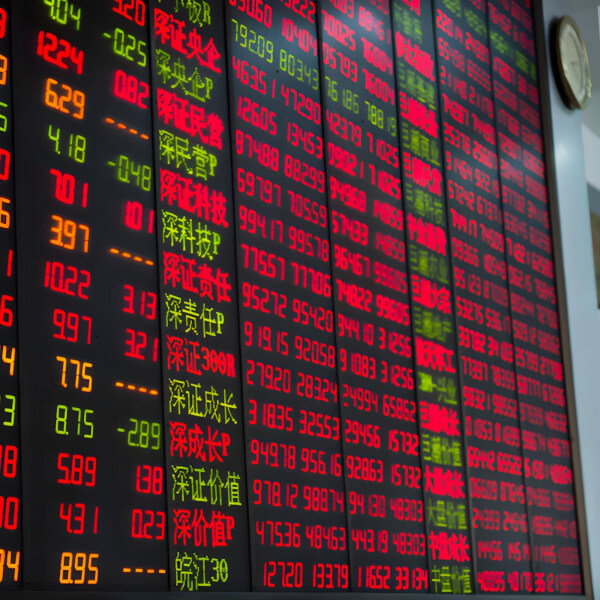- Chinese stocks extended gains despite US tariffs, with the Shanghai Composite rising 0.8% and CSI 300 up 1%, driven by AI optimism following DeepSeek's developments. The Hang Seng Tech Index surged nearly 3%, entering bull market territory. Xiaomi jumped 6% to a record high, while Lenovo gained 7.5%.
- Most other Asian markets declined, with Japan's Nikkei falling 0.5%, Indonesia's JCI dropping 1.7%, and Thailand's SET losing 1.9%. The weakness came amid ongoing uncertainty around Trump's trade policies, although Australia's ASX 200 bucked the trend with a 0.4% gain.
- BYD shares rallied near record highs ahead of its autonomous vehicle strategy announcement scheduled for February 10. The company's Hong Kong shares rose 4.8% to HK$332.40, while its Shenzhen listing gained nearly 5%, both up over 20% for the week.
- RBI delivered its first rate cut since 2020, lowering the repo rate by 25bps to 6.25% under new Governor Sanjay Malhotra. The central bank maintained a neutral stance and kept the cash reserve ratio unchanged at 4%. Growth forecast for FY25 was confirmed at 6.4%, with inflation expected to average 4.8%.
- Oil prices stabilized in Asian trading but remained on track for a third weekly decline. Brent held at $74.67 and WTI at $70.92, pressured by Trump's pledge to boost US production and oversupply concerns following higher-than-expected US inventory builds.
- The yen strengthened to a nine-week high against the dollar after hawkish BOJ comments, with board member Tamura suggesting rates should reach at least 1% in late FY2025. Markets await US nonfarm payrolls data, expected to show 170,000 jobs added in January.
- The IMF warned Japan to address its fiscal health immediately, citing mounting natural disaster risks and rising social security costs. The organization projects Japan's public debt to reach 232.7% of GDP this year and expects a slight widening of the primary deficit to 2.2%.
- US stock futures were largely unchanged in Asian trading as investors await the crucial jobs report. Treasury Secretary Bessent reaffirmed support for a strong dollar policy and indicated no changes to debt issuance plans.

Three markets to watch next week (27.02.2026)

Daily summary: The beginning of the end of disinflation?

US Open: Rising oil and PPI pressure Wall Street 📉 Technology and financial stocks drop

BREAKING: GDP collapse in Canada; US producer inflation accelerates🚨


